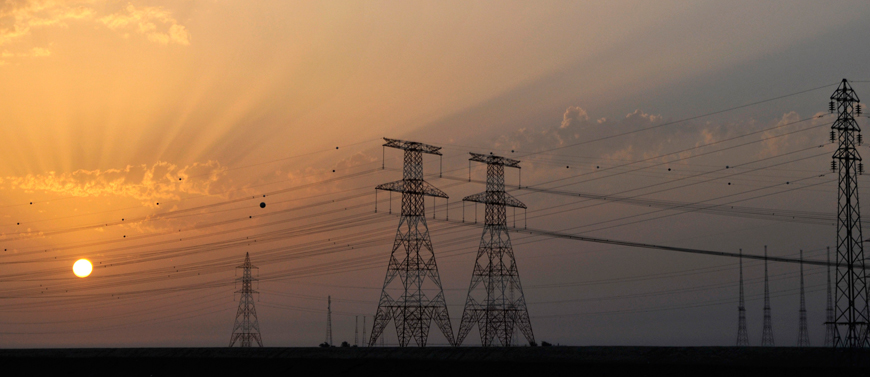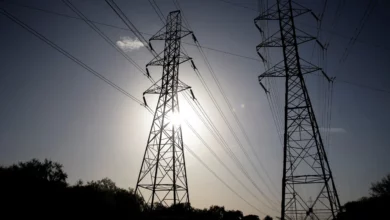
Ethiopia was plunged into darkness on Saturday as a power outage occurred due to a power grid failure.
The state-run Ethiopian Broadcasting Corporation said it was working to restore power.
Ethiopia, with a population of 120 million, is Africa’s second-most populous country.
Ethiopia began generating power from the massive Grand Ethiopian Renaissance Dam in March 2022.
In August of that year, it announced it had doubled its electricity production.
The nation sells electricity to Kenya, Sudan and Djibouti, and has signed memoranda of understanding with South Sudan, Tanzania and the breakaway region of Somaliland.
Tensions rising
Tensions have risen between Cairo and Addis Ababa following the failure of negotiations over the Nile River waters.
At the beginning of September, Egyptian Foreign Minister Sameh Shoukry sent a letter to the UN Security Council rejecting the recent statements made by Ethiopian Prime Minister Abiy Ahmed regarding the fifth filling of the GERD.
He stressed Egypt’s categorical rejection of Ethiopia’s unilateral policies that violate the rules and principles of international law, which constitute a clear violation of the Declaration of Principles Agreement and the Security Council’s presidential statement of September 15, 2021.
The Egyptian letter to the UN explained that the end of 13 years of negotiations with Egypt’s sincerest intentions came once it was obvious to everyone that Addis Ababa is only interested in using the negotiations as a cover to prolong reaching any solution.
It added that Ethiopia is seeking to legitimize its unilateral policies that contradict international law and to hide behind unfounded claims that these policies are based on the right of peoples to development.
Ethiopia, in turn, responded with a letter to the Security Council in which it claimed that Egypt had participated in negotiations over the past decade with the sole aim of obstructing its progress and returning to its rigid positions, claiming that Egypt’s insistence on its historical share of the Nile waters is borne from colonial-era deals and a refusal to accept any different outcomes.




